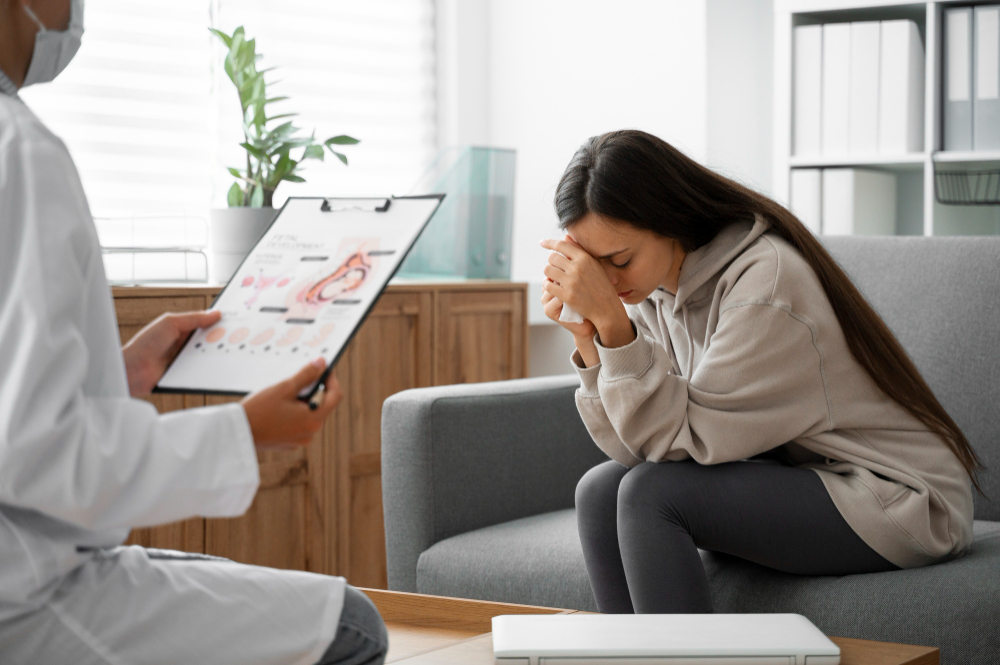Introduction
Abortion is a medical procedure that ends a pregnancy. After an abortion, both your body and mind need time to heal. Physical and emotional recovery after abortion is important for your overall well-being. Many people have questions about what to expect. This guide explains common symptoms, healing tips, and ways to support yourself during recovery. Understanding the process can help you feel more confident and prepared.
Physical Recovery: What to Expect
After an abortion, your body will go through changes as it heals. Most people notice physical symptoms after abortion, which are usually normal. However, knowing what is typical can help you feel at ease.
Common Symptoms
Usually, these symptoms improve within a few days. But, some people may take longer to feel better.
Expected Timeline
Even so, everyone heals at their own pace. Listen to your body and rest as needed.
Self-Care Tips
Additionally, gentle walks can help you feel better. But, avoid intense exercise until your doctor says it is safe.
Warning Signs: When to Seek Medical Help
If you notice any of these signs, contact your healthcare provider right away. Early care can prevent serious problems.
Emotional Recovery: What to Expect
Emotional healing after abortion is just as important as physical recovery. Many people feel a mix of emotions. These feelings are normal and can change from day to day.
Typical Emotional Responses
Sometimes, emotions may feel strong right after the procedure. Over time, they often become easier to manage. However, everyone’s experience is unique.
Coping Strategies
Moreover, remember that it is okay to ask for help. You do not have to go through this alone.
Support Resources
For example, the National Abortion Federation and Planned Parenthood offer support and information. Many communities also have local resources.
When to Seek Professional Help
If you notice these signs, reach out to a mental health professional. Early support can make a big difference.
Lifestyle Guidance During Recovery
Taking care of your body helps speed up recovery. Nutrition, rest, and gentle activity all play a role.
Nutrition
Healthy foods give your body the energy it needs to heal.
Rest and Activity
Rest is important, but gentle movement can help your mood and body.
Prevention of Complications
There are steps you can take to lower your risk of problems after abortion. These abortion recovery tips support healing and safety.
By taking these steps, you can help your body heal and reduce the risk of infection or other issues.
Conclusion
Physical and emotional recovery after abortion takes time and care. Most people heal well with rest, support, and good self-care. However, if you notice any warning signs or feel overwhelmed, do not hesitate to reach out for help. Consult a healthcare professional for personalized support and guidance during your recovery.

